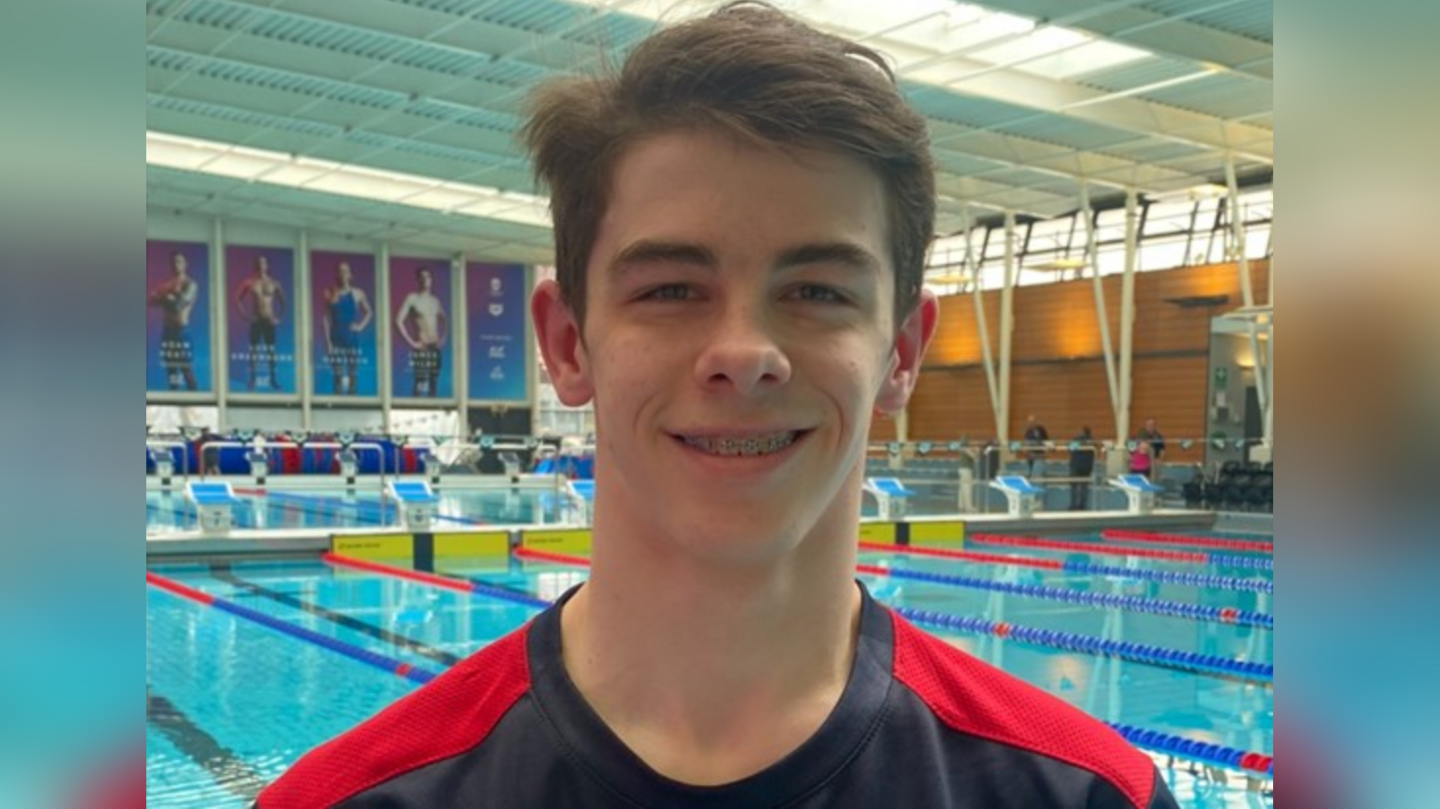Deaflympics athletes 'let down' by lack of funding
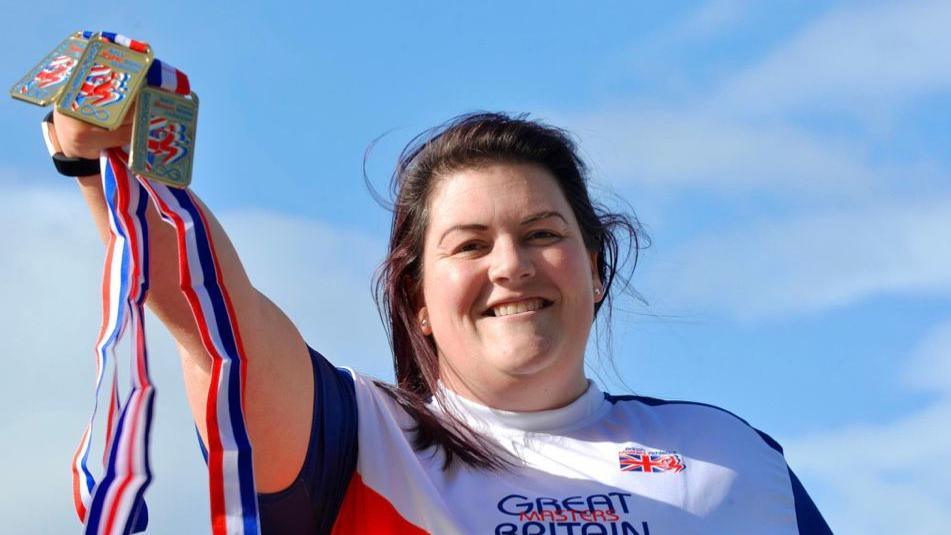
Athlete Bethan Lishman said a lack of government support held deaf athletes back
- Published
A multi-medal winning hammer thrower says the government is letting down deaf athletes by failing to offer them the same support as Olympians and Paralympians.
Bethan Lishman, from Brigham, near Cockermouth, Cumbria, has represented her country four times at the Deaflympics, a series of event for deaf athletes who compete at an international level, and has twice captained Great Britain.
Despite winning medals over 18 years she said she had no government or lottery funding and had to take on thousands of pounds of debt to fund her career.
The government said it was committed to making sport accessible for all but could not fund high level athletes outside of the Olympics and Paralympics.
Lishman, 41, said the lack of funding played a part in her missing out on the 2025 Deaflympics in Tokyo, which begins on 15 November.
"I've taken three loans to compete and there's one from 2012 that I'm still paying off," she said.
"I've got no savings, and still live in my Dad's house.
"Every last inch of money I earn has paid for petrol to go to train with GB, or travel to competitions."
The 41-year-old, who works as a gymnastics coach at Workington Leisure Centre, said her costs also included hotels, her licence to compete, kit and insurance.
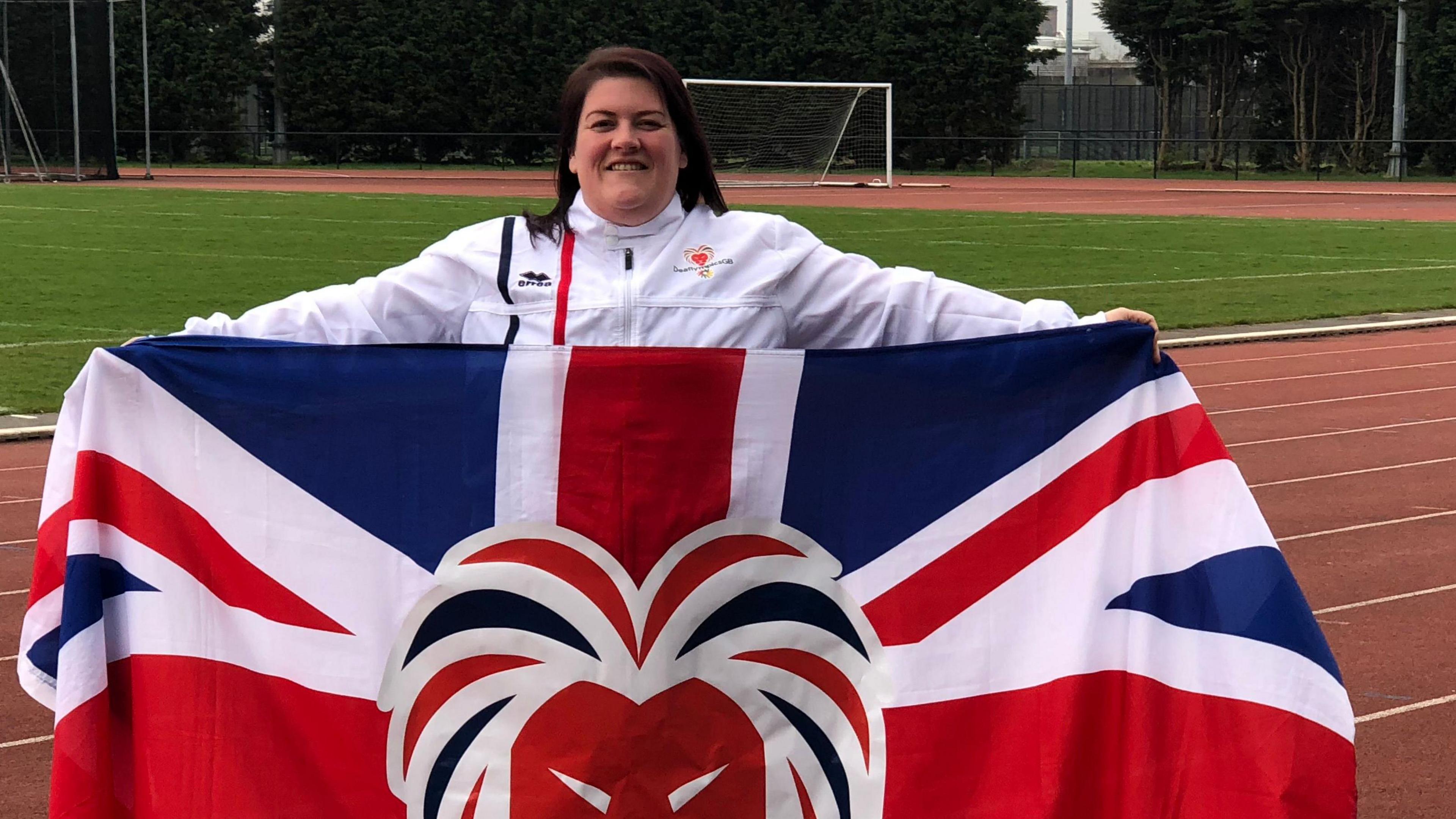
Lishman said she had gone into debt to fund her athletics career
The Deaflympics was first held in 1924 in Paris, long predating the Paralympics.
UK Deaf Sport chief executive Chris Ratcliffe told MPs this month it was "shameful" athletes were missing out on funding.
Giving evidence with him to the Commons Culture, Media and Sport Committee, deaf swimmer Nathan Young said the treatment mounted to discrimination.
The lack of funding means the British Deaflympics team has been asked to raise £4,000 each to fund the £500,000 cost of sending 100 members to Tokyo.
Lishman was told she had not been selected because of a failure to meet the qualifying standard. UK Deaf Sport said finance was not a consideration.
But she believes the lack of support has held her and other athletes back and contributed to the team being smaller than it could have been.
Medals for Great Britain
The government said it could not provide additional funding to high performance athletes outside of what it already gives "to support Olympic and Paralympic success".
But it said it did provide £1.2m each year for grassroots activities in deaf sports.
UK Deaf Sport said the 100-strong Tokyo team was the largest ever selected and it was "proud to have worked tirelessly alongside sports bodies and athletes to raise the necessary funds, ensuring our athletes have the opportunity to compete and bring home medals for Great Britain".
Sophie Dacombe, from Stockton, will be attending her first Deaflympics this year as part of the football squad but had to raise the cost of going through a combination of grants and donations from family and friends.
"It's a lot of money," the 18-year-old said. "The £4,000 doesn't even cover the training camps.
"I think it goes without saying that it's unfair.
"We should get the same opportunities that other people do when you're representing your country."
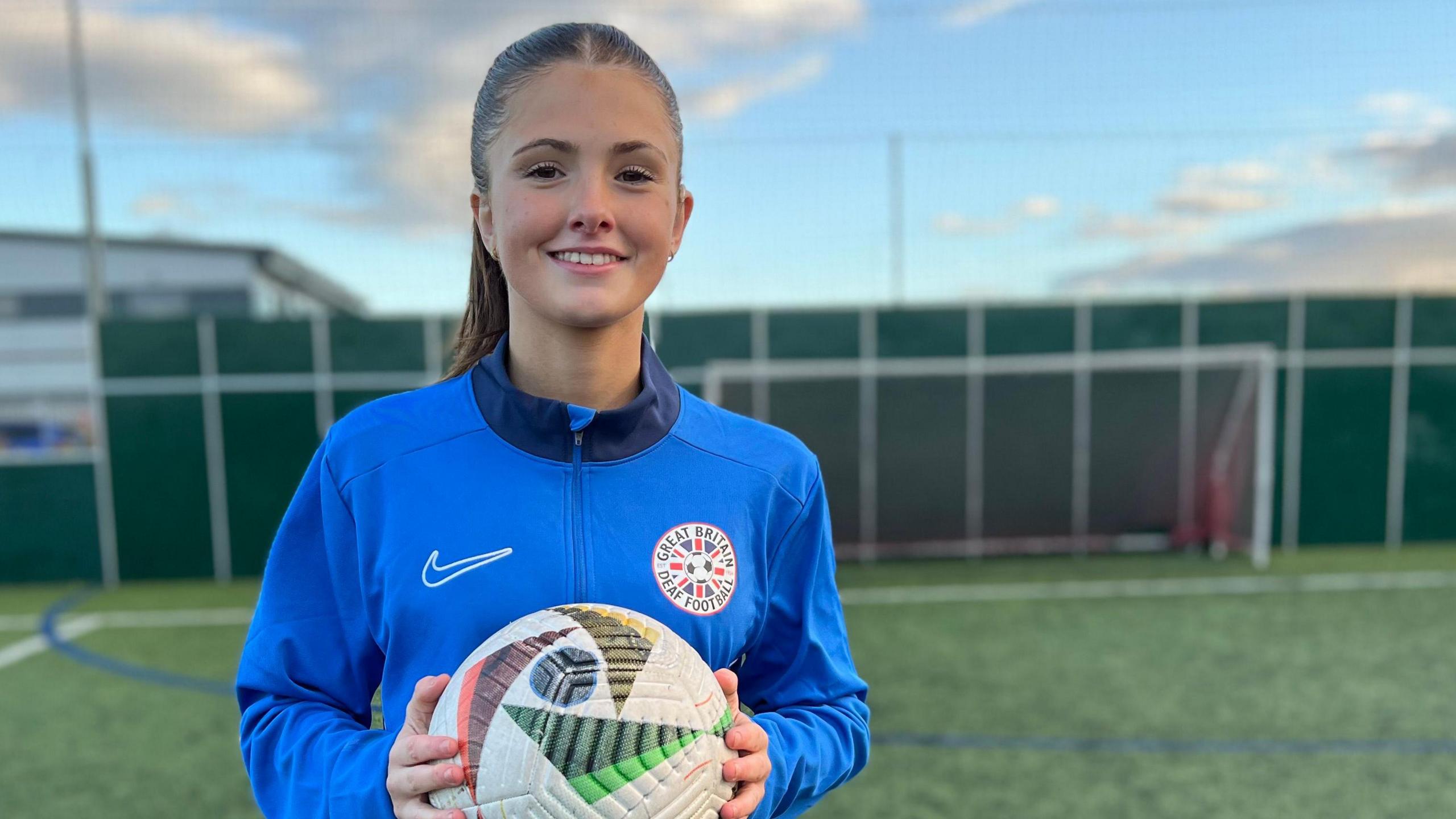
Sophie Dacombe will be attending her first Deaflympics this year in Tokyo.
Andy Craigie, a deaf badminton player from Cullercoats in North Tyneside, made his international debut for the British deaf team at the European Championships in Brno in the Czech Republic in April after he raised £1,500 to get there.
But Britain decided it would not send a badminton squad to Tokyo.
Craigie, 27, who coaches a group of deaf people and is the sports and health coordinator for charity Deaf Awareness North East, admitted he might not have been good enough yet to compete at Deaflympic level.
But he backed the campaign for better funding and said he believed there were barriers for deaf people at all levels of sport.
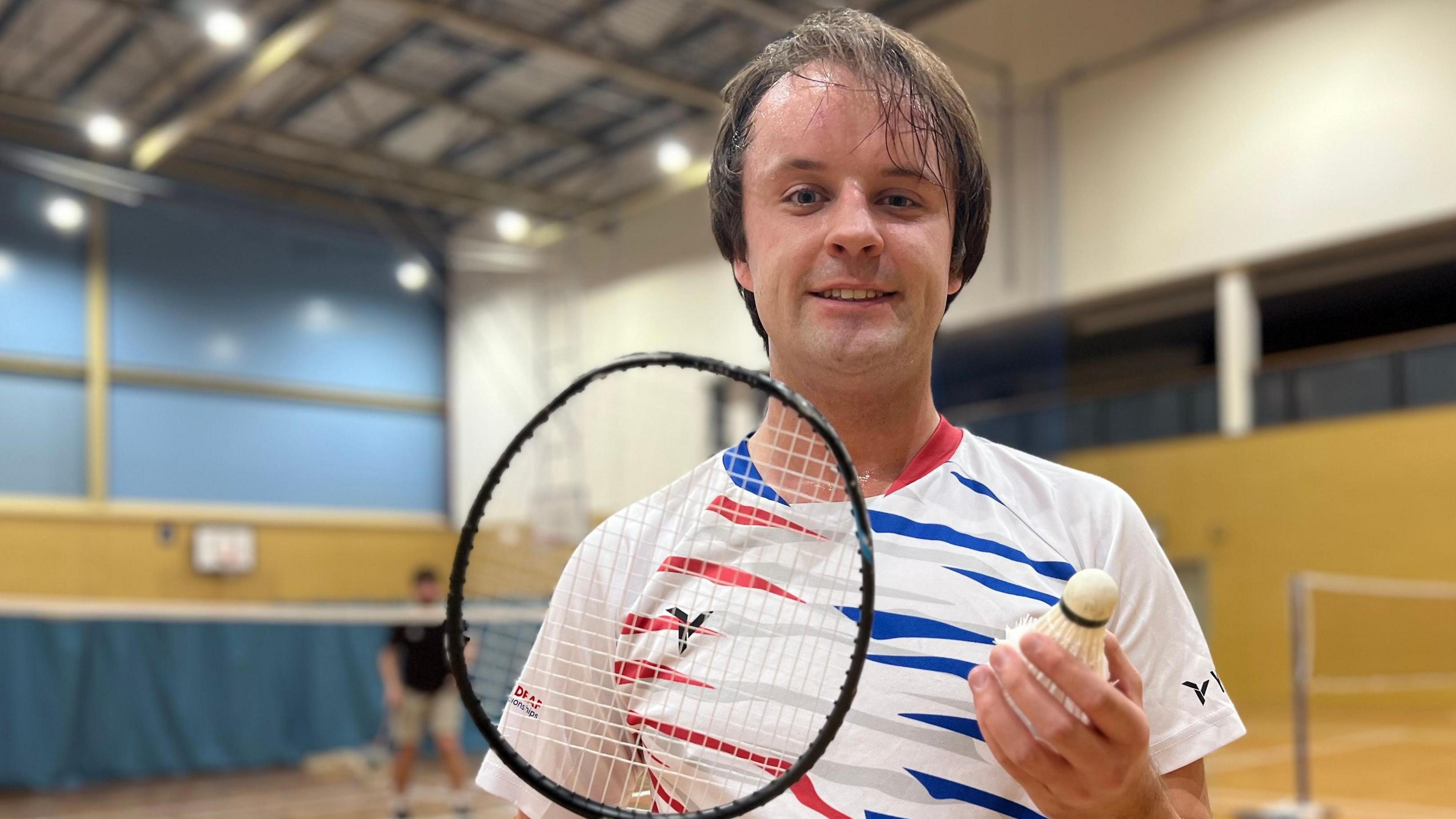
Andy Craigie believes if he had been able to play badminton at an earlier age he would have had more opportunities to reach a high level
Speaking through a sign language interpreter, he said: "For me, I don't think there has been enough support, especially growing up.
"I didn't really have a deaf group I could go and play with.
"As I've got older, I've networked and found different clubs and coaches but I think, if I'd started that at a younger age, it would have been better."
For Lishman, her absence from the Deaflympics will at least mean she will not need another loan.
But she said it would be difficult not to be part of a hammer competition taking place on her birthday.
A Deaflympics medal remains one of the few honours she has not achieved.
"I am currently ranked number five in the world, so what's to say the others couldn't have had a bad day and I could have come out with a medal," she said.
"I'll be watching it eagle-eyed because, if it turns out I could have got a medal, I will be absolutely heartbroken."
Follow BBC North East on X, external and Facebook, external and BBC Cumbria on X, external and Facebook, external and both on Nextdoor and Instagram, external.
Get in touch
Do you have a story suggestion for BBC North East & Cumbria?
More stories
- Published6 October
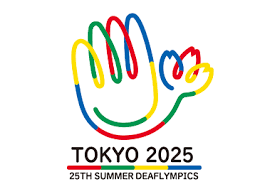
- Published12 June
